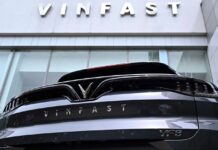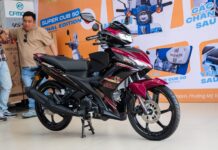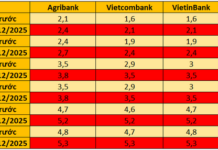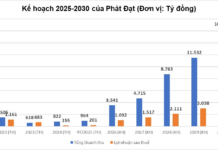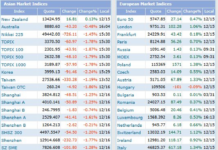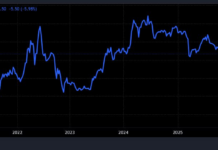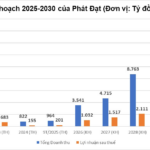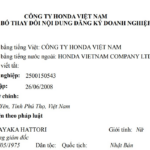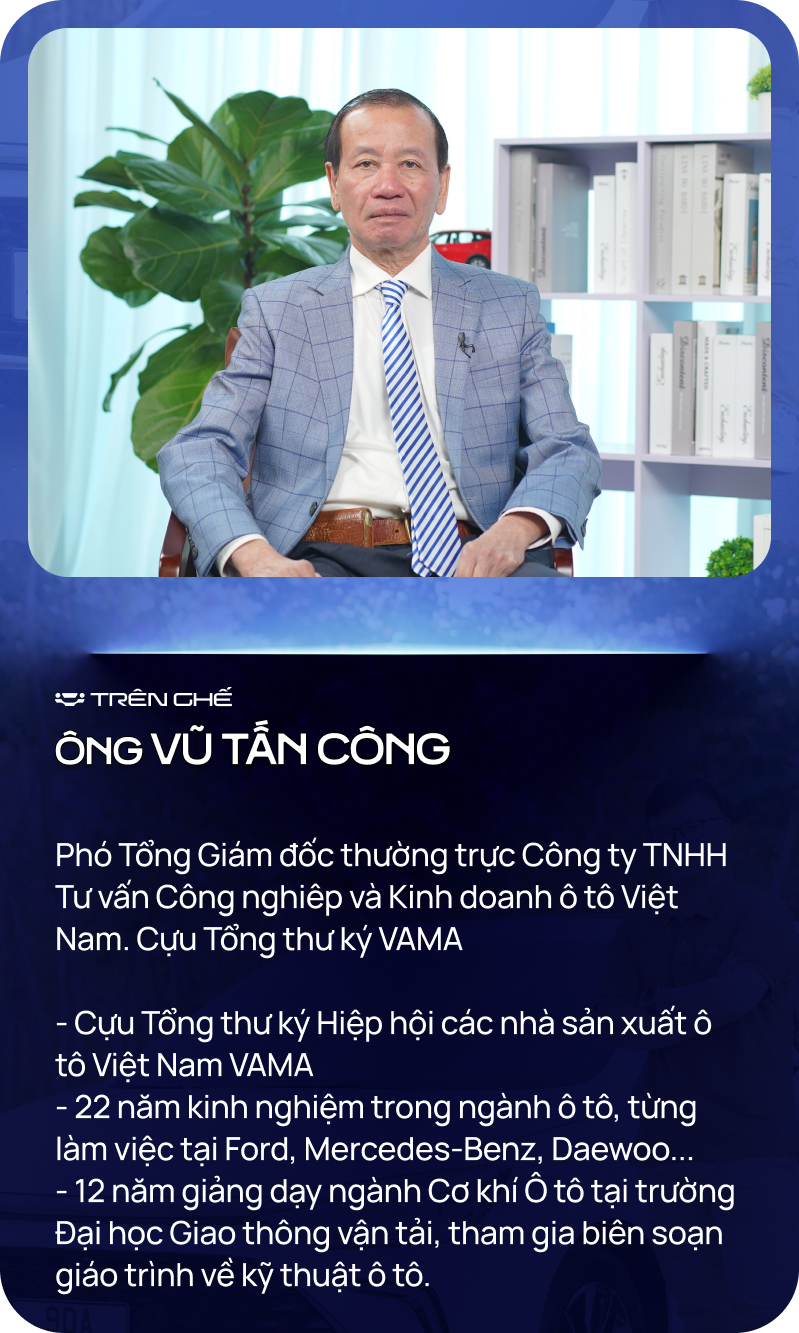
In this episode, host Đăng Việt engages in a thought-provoking discussion with Mr. Vũ Tấn Công, former VAMA Secretary-General, on the following topic: TMT Motors’ Venture into Car Manufacturing – Lessons from Wuling?
Recently, the chairman of TMT Motors revealed to the press their plans to produce an affordable electric car as a substitute for motorcycles. What are your thoughts on this strategy?
Firstly, it is feasible for TMT Motors to venture into car manufacturing. However, their ambition to produce affordable cars to replace motorcycles presents several challenges. While there are opportunities, TMT Motors also faces significant obstacles.
Firstly, the price disparity between motorcycles and cars is considerable. Currently, a budget-friendly motorcycle costs around 20-30 million VND, whereas the cheapest car in the market starts from 200-300 million VND, posing a substantial financial challenge.
Secondly, parking spaces become a concern. Parking two motorcycles at home is relatively easy, but replacing them with a car introduces a whole new set of considerations.
Thirdly, if they opt for electric cars, the availability of charging stations becomes crucial. Apart from VinFast, Vietnam lacks a well-developed network of charging stations for electric vehicles. Other automakers, including TMT Motors, will face significant challenges if they don’t invest in this infrastructure, making it difficult for their customers to use their cars conveniently.
Therefore, we should view cars as a preferable option when dealing with adverse weather conditions, dust, and pollution. Car occupants are likely to feel cleaner and safer in the event of an accident.

TMT Motors has partnered with Wuling to distribute two models: the Mini EV and Bingo. While the Mini EV is a small and affordable electric car, it hasn’t achieved the desired success. Do you think TMT Motors is making a mistake with their idea of manufacturing low-cost electric cars?
In my opinion, TMT Motors has made a strategic error by focusing on the mini electric car segment.
According to my market research, the market share for small cars in segment A and mini cars has been declining for several years. Therefore, it will be challenging for a company to succeed in this niche segment.
Secondly, while I don’t have insights into TMT Motors’ financial situation, I question their ability to invest in a public charging network. Selling electric cars without providing an adequate charging infrastructure will be extremely difficult. VinFast, on the other hand, is heavily investing in this area and doing it exceptionally well.
Thirdly, I believe TMT Motors hasn’t thoroughly researched their product. While the VinFast VF 3 is a CUV in segment A with a high chassis, the Wuling Mini EV is a small car with a low chassis. Consequently, the Mini EV is more susceptible to damage when encountering flooded roads.
In my assessment, the Wuling Mini EV has not met with success. TMT Motors should learn from this experience to avoid repeating similar mistakes in the future.
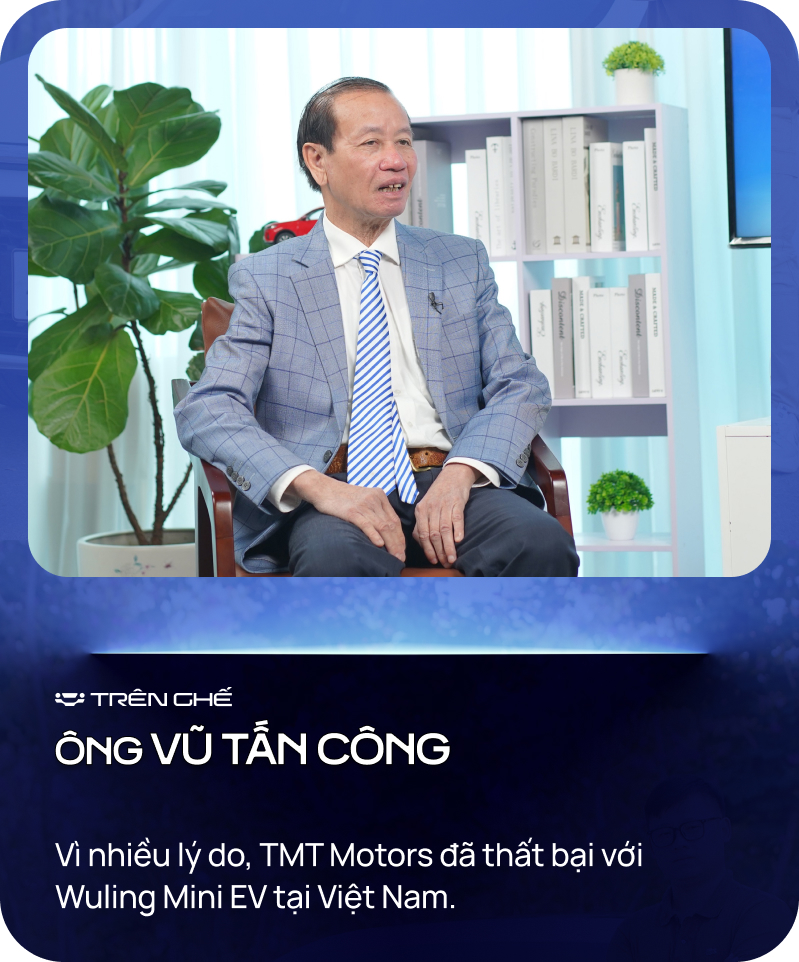
TMT Motors has expressed the need to learn from their experiences if they plan to venture into car manufacturing in the future. In your opinion, what should they do?
There’s a Vietnamese saying that emphasizes the importance of human factors. As a Vietnamese myself, I concur with this sentiment. My advice to TMT Motors is to hire highly skilled automotive experts who can devise effective product, marketing, brand development, and business strategies. Only then will TMT Motors have a chance at success. I don’t work for TMT Motors, and I’m not privy to their financial situation, but based on their current approach, I believe they haven’t figured out the right way to go about it.
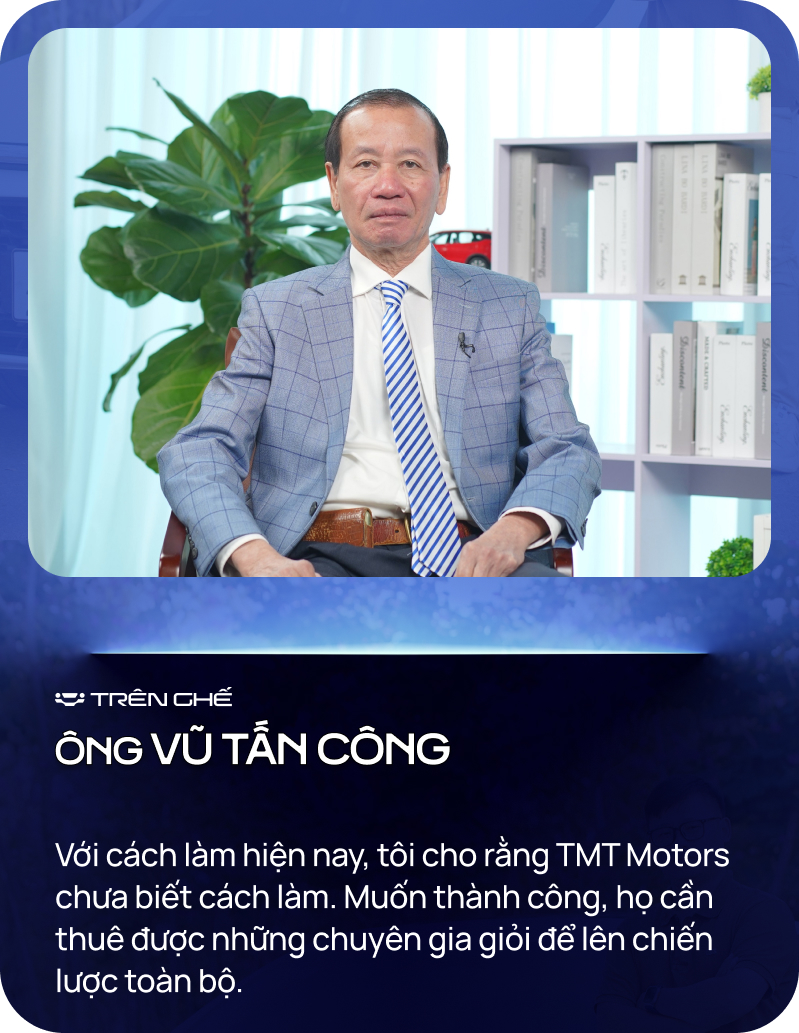
Some argue that TMT Motors’ lack of experience in passenger car manufacturing led to their mistakes. What are your thoughts on this opinion?
This perspective is entirely valid.
Customers who purchase trucks are generally less demanding than those buying passenger cars. Trucks are primarily used for transportation, and buyers don’t have the same high expectations as they do for cars. Hence, TMT Motors found success in the truck market, but this doesn’t automatically translate to the passenger car segment. Applying the same strategies and experiences from truck manufacturing to car manufacturing is inappropriate.
As a Vietnamese, I wholeheartedly support TMT Motors if they can successfully produce cars under a Vietnamese brand and serve the country.
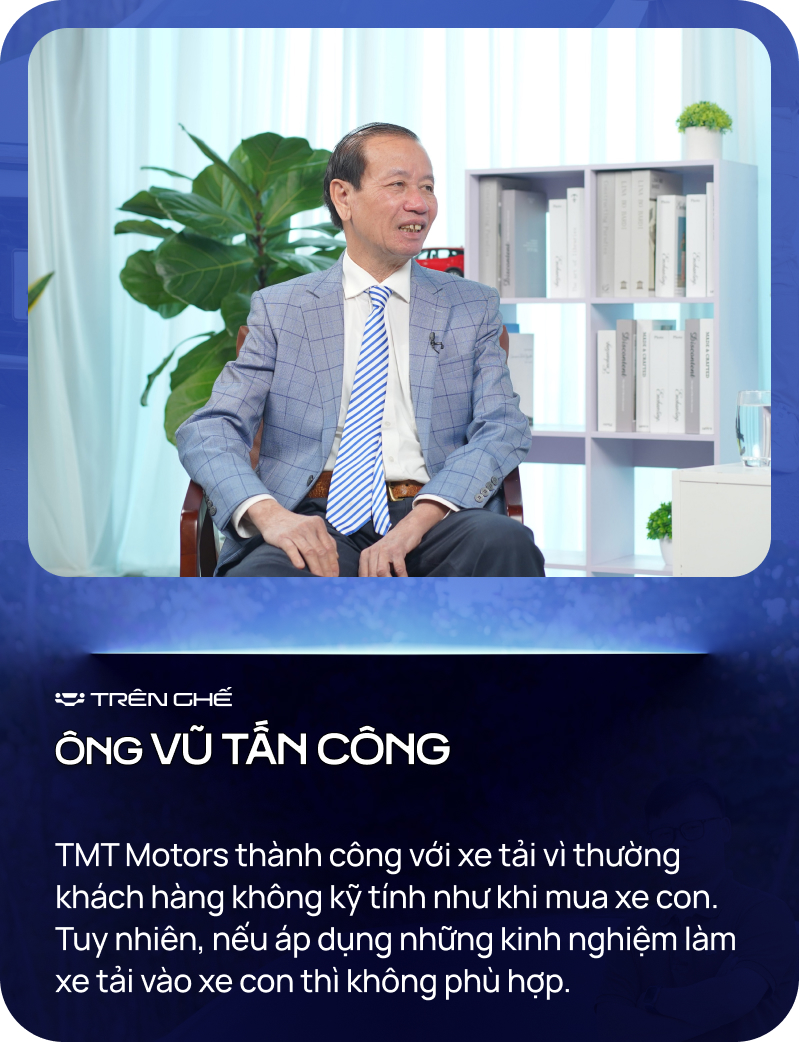
Thank you very much for your insightful perspectives, Mr. Công.


